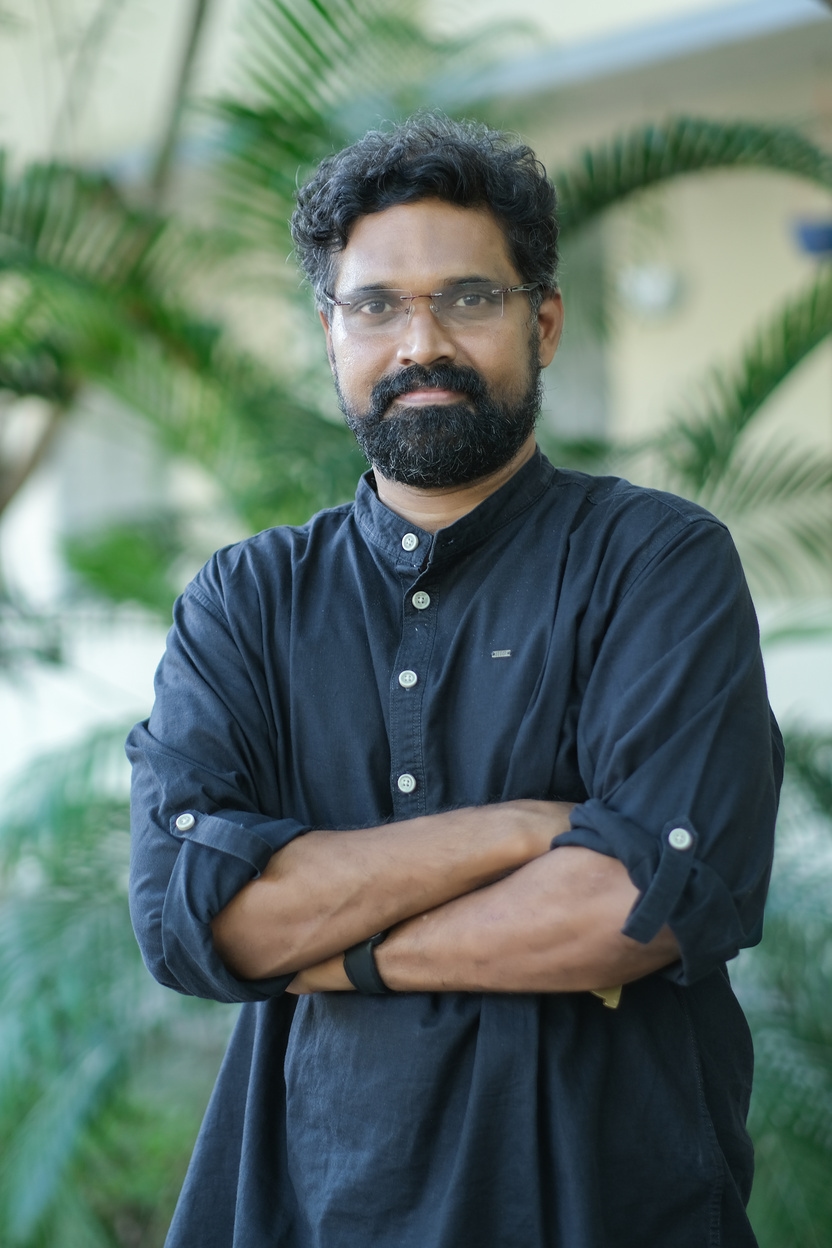Director's Note
The Centre for Latin American Studies (CLAS) was established in 2015 as a division of the Department of Political Science at the University of Kerala. Its main objective is to conduct research and studies on Latin America while fostering stronger bilateral connections between India and Latin America. The Latin American region consists of thirty-three (33) countries, stretching from Mexico to Tierra del Fuego (Chile and Argentina), and includes most of the Caribbean.
Historically, interactions between Latin America and India can be traced back to the colonial era, when both regions were under European colonisation. Latin America was under Spanish and Portuguese rule, while India was experiencing British colonisation. These shared experiences have contributed to a sense of solidarity and understanding between the two regions. Establishing stronger ties with one of the world's fastest-growing economies is a significant step forward for Latin American countries in terms of progress toward internationalisation. Kerala's connections with Latin America encompass historical, cultural, and economic aspects that have contributed to the exchange of ideas, trade, and mutual enrichment between the two regions over centuries.
The strong converging interests between Kerala and Latin America in the political, economic, and cultural spheres make it essential for the academic communities of these regions to establish strong institutional ties to explore and understand the parallels that can be drawn between them. The Department of Political Science at the University of Kerala established the Centre for Latin American Studies (CLAS), drawing from these thriving similarities. The wide range of programmes run by the Centre, such as exchange programmes, joint seminars and conferences, and translation studies, will help fulfil the aspirations of the ever-growing relationship between India and Latin America. The key components of CLAS include student-faculty exchange, twinning programmes, and feasibility studies. Comparative studies are conducted in areas such as agriculture, tropical medicine, trade, innovation, tourism, governance and political systems, and cultural studies. CLAS works in a project-based mode, conducting research in the above-mentioned areas in collaboration with universities and research institutions in Latin America.
Another significant focus for CLAS is translational studies, particularly translating Latin American literature to regional Indian languages like Hindi and Malayalam. Works of authors like Jorge Luis Borges, Miguel Asturias, Mariano Asuela, Joao Guimaraes Rosa, Julio Cortazar, Gabriel Garcia Marquez, Guillermo Cabrera Infante, Mario Vargas Llosa, Augusto Roa Bastos, Roberto Bolano, Juan Rulfo, Antonio Skarmeta, Horacio Castellanos Moya, and Alberto Fuguet are given special attention. The Centre for Latin American Studies at the University of Kerala also seeks to offer twinning programmes by partnering with universities in Latin American countries. After completing a specific period at home, students will be able to transfer their credits to the partnering foreign educational institution. This programme provides an opportunity for students, researchers, and faculty to access high-quality academic resources from universities in Latin America. The Centre is initiating all the efforts to materialise these plans.
Girish Kumar R
Director
Centre for Latin American Studies

